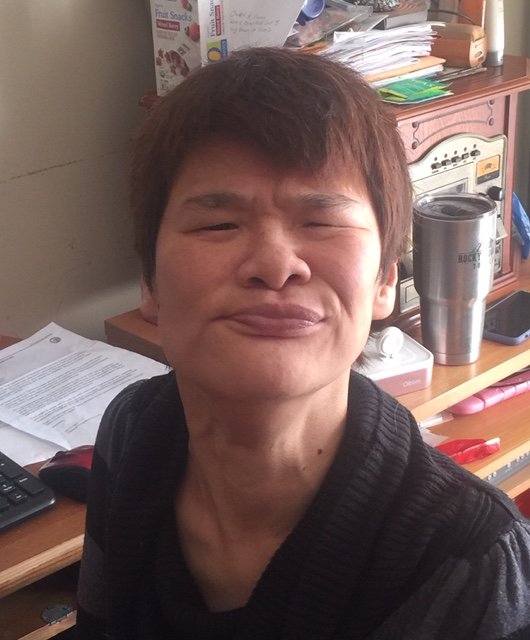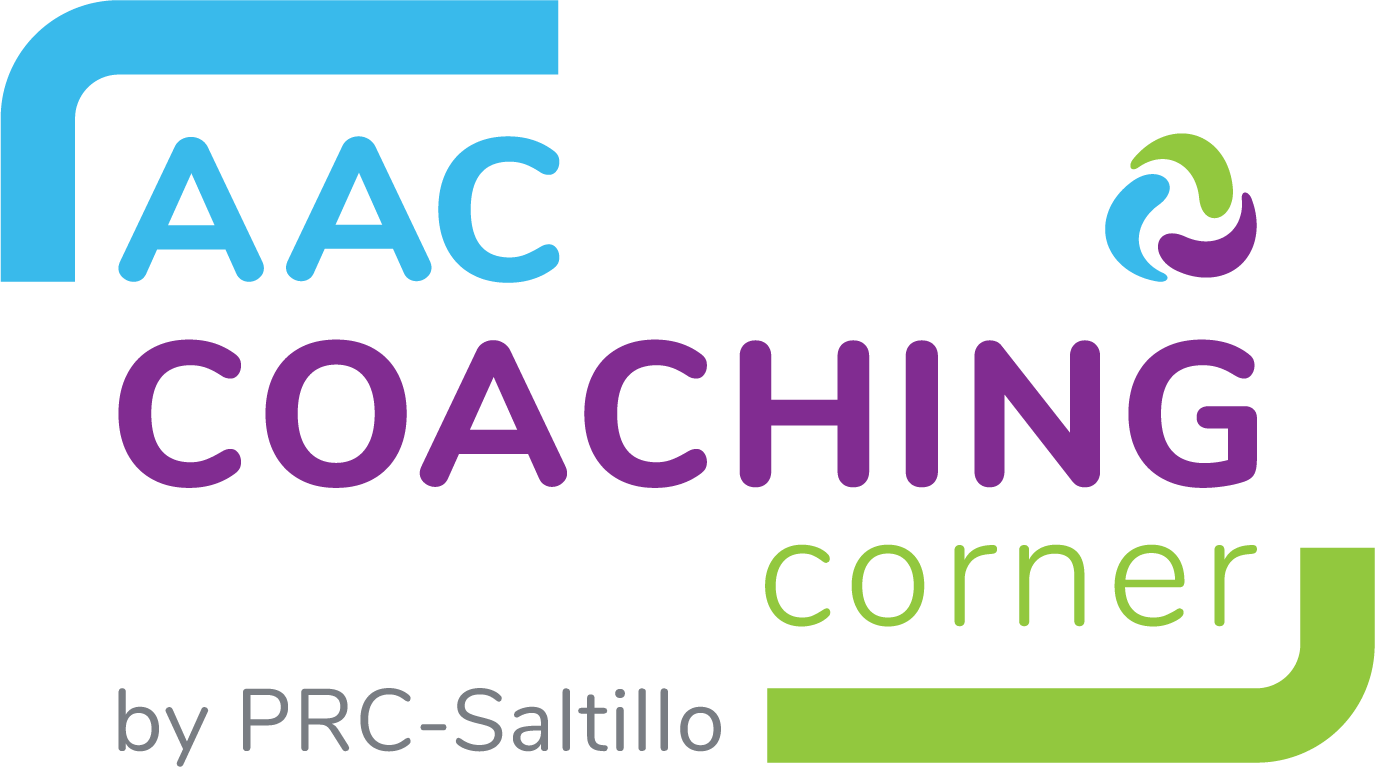
By Kim Vuong, PRC-Saltillo Blogger
As someone with a disability who had to learn how to be an advocate for myself, I know how important it is for disabled people to have a voice in society. We’ve had to struggle to be heard by fully-abled people, who may not understand the challenges we face. And it can be even harder for us to speak up, because our disabilities can make it more difficult to communicate.
In my work at the Tichenor clinic, I sometimes see children who have trouble just expressing their feelings and emotions. But often, they also lack a sense of the idea that we are in this together, and that there’s a disability rights movement that has been working for years to raise awareness and ensure that we have the opportunity to live full and fulfilling lives. I don’t think it’s something that schools teach about.
That’s why one of my goals for the teen support group that I’ve started is to have advocacy and disability awareness training. In August, we offered advocacy and disability classes, as part of a week-long camp.
As part of that educational effort, we brought in the Disabled Resource Center, an local organization that’s been working for the past 45 years on disability-related issues in the communities south of Los Angeles, to teach campers about the history of the disability movement and disability culture. We had campers who came down from northern California to participate in the program, which I think says a lot about the desire of young people with disabilities to become activists.
We also brought in City officials such as Long Beach City Council member Mary Zendejas and the Long Beach Unified School District’s board president Dr. Juan M. Benitez, to talk about the importance of advocacy.
We also talked about how activists can utilize technology to make their voices heard. For example, I use the Accent 800 communication device at public meetings, and I’ve found that it’s greatly enhanced my ability to make effective presentations.
The teens at the camp talked about how they want to have a club for disabled children. We are hoping to continue with the advocacy camp next year.
If you want to learn more about the history of disabilities and disability advocacy, here is a series of videos created by Independent Living Research Utilization and Utah State University’s Center for Persons with Disabilities.
Module 1 https://www.youtube.com/watch?v=HYYhtQXRq10
Module 2 https://www.youtube.com/watch?v=6BdNCecv69I
Module 3 https://www.youtube.com/watch?v=Do0URj-ddcY
Module 4 https://www.youtube.com/watch?v=eUHKg45wlG8
Here’s a video about how Los Angeles County is expanding voting opportunities, and what accommodations are being proved for disabled voters. I’m hoping that these measures spread across the U.S. https://www.youtube.com/watch?v=H63nyzOoRHY
There are no comments yet. Be the first to post!
You must be logged in to post.
Communicators In Action - aac, communication, speech, disability, augmentative, advocacy, history, research














